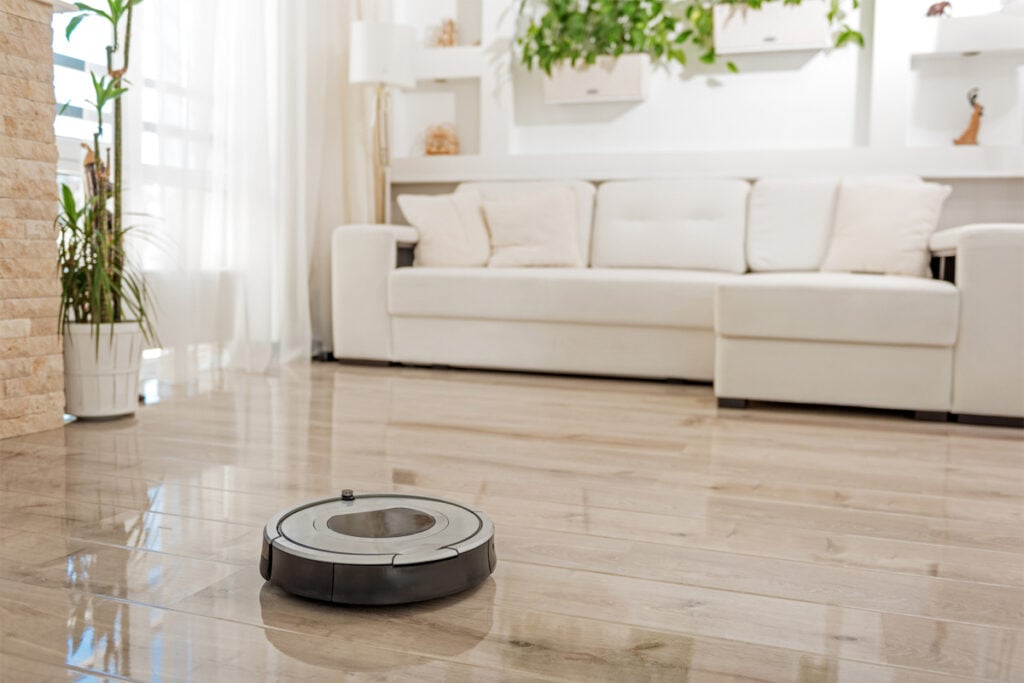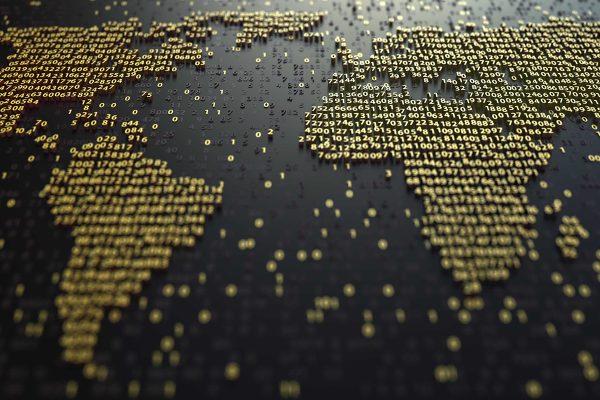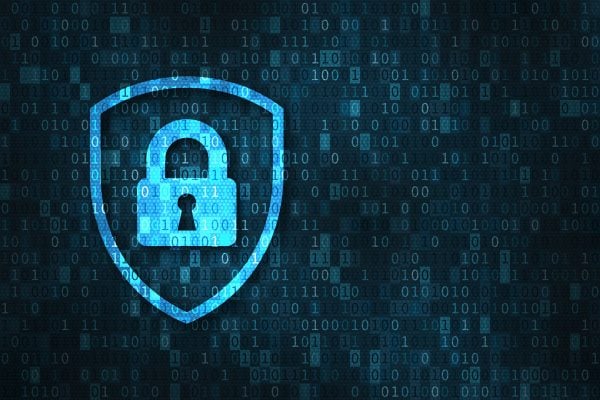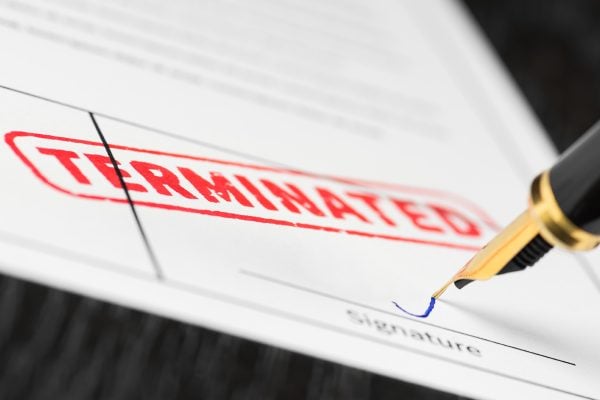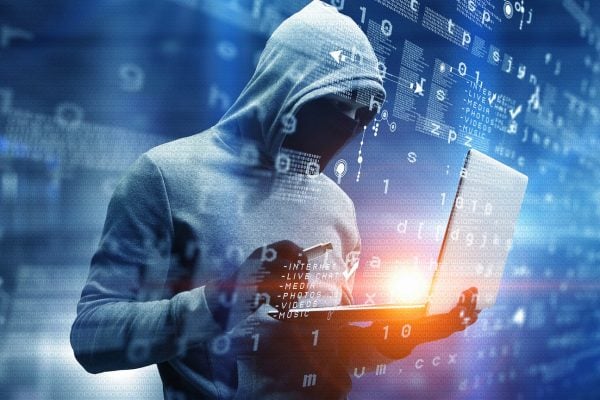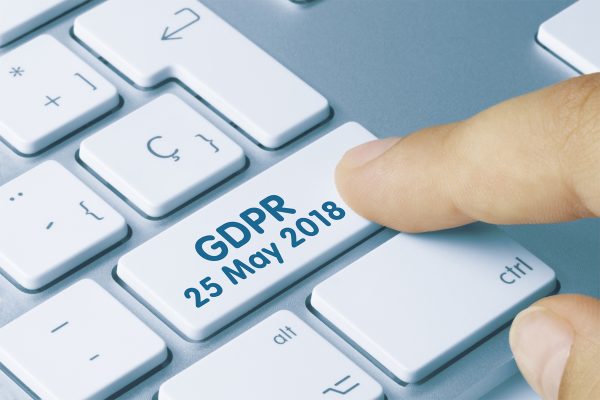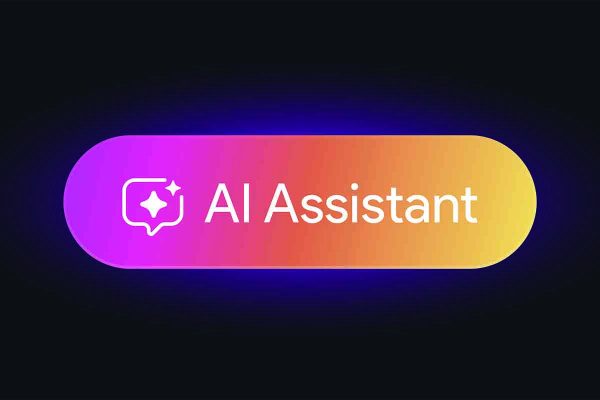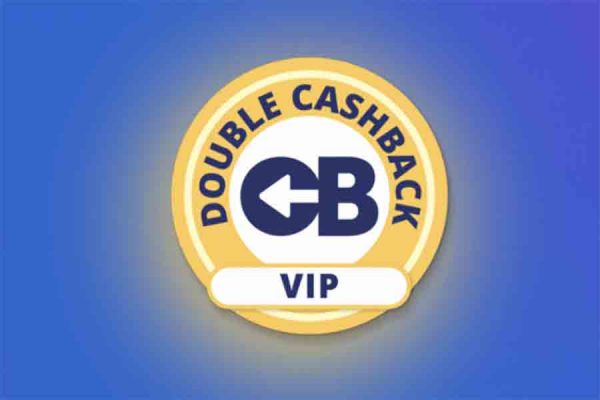There could be an unlikely spy in your house that one day soon will start selling the floor plan of your house to the likes of Amazon, Google and Apple.
You might be surprised to hear that the spy in question is the humble Roomba vacuum cleaner. Early versions are pretty dumb devices which roam at random but the latest models, the 900-series Roomba, has inbuilt cameras, sensors and software to enable it to intelligently map your house and remember where it’s cleaned and where it hasn’t. This is useful, for instance if the robot has to return to recharge itself it can remember where it left off and continue cleaning from the same location.
We’re already seeing Roombas connected to Amazon’s Alexa devices for voice control, but if the home maps that they generate are sold to third parties that brings in all sorts of privacy questions. Firstly is are you covered anyway as Data Protection Laws don’t currently encompass things like the layout of your house – no one previously thought such things would ever need protecting. Then there’s the user agreement you’ve already signed if you own a Roomba which includes sharing information with third parties in order to provide service, third parties you specifically agree to, government and law enforcement and interestingly other parties in the event of an acquisition or merger.
Say for instance Amazon were to purchase Roomba, they’d then legally own the internal map of your home, would know what size your house is, how much furniture you have, what times you have your house vacuumed and how many times you vary from the normal vacuum schedule. They’d even know how often you left things laying about on the floor that the robot has to manoeuvre around.
This would all be valuable data for companies wishing to sell smart home devices. If you own a Roomba you’re probably in the market for other technology too and if devices are connected via smart assistants there’s a ton of data waiting to be hoovered up by tech companies only to happy to market their goods to you.
